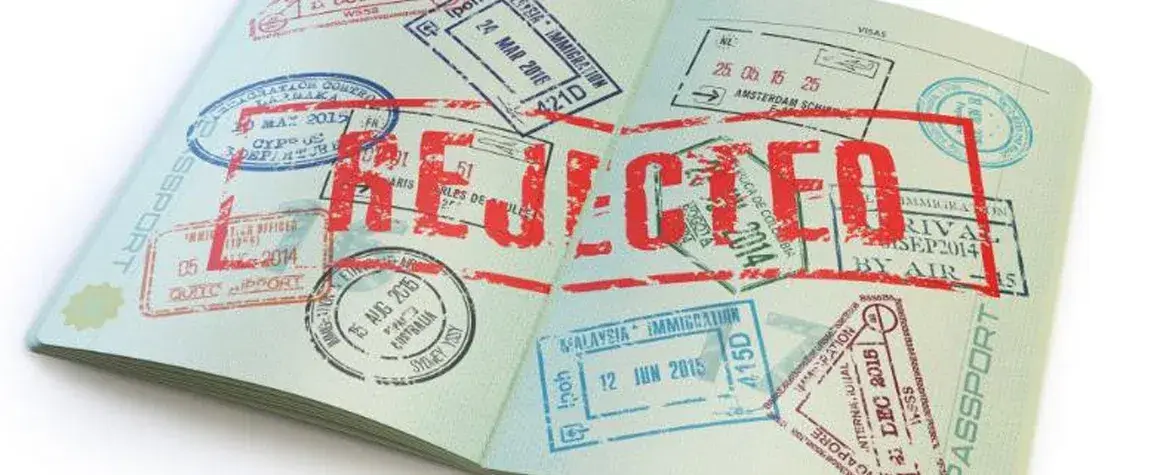The recent visa refusal of Nigeria’s Chief of Defense Staff (CDS), General Christopher Musa, and his team by the Canadian embassy has reignited discussions about the increasing trend of visa denials for Nigerian applicants.
Describing the incident as “disrespectful,” Nigeria’s Minister of Interior, Olubunmi Tunji-Ojo criticized Canada’s decision, questioning how foreign embassies handle visa applications from Nigerians.
Why Are More Nigerians Facing Visa Denials?
Nigerians have increasingly faced visa rejections in recent years, affecting students, professionals, and government officials alike. Several key factors contribute to this trend:
1. Stricter Immigration Policies
Western countries, including Canada, have tightened immigration policies due to concerns over illegal migration, overstays, and economic challenges.
2. Perceived High Overstay Risk
Many embassies consider Nigerian applicants high-risk travelers who may overstay their visas or seek asylum, influenced by past cases of visa abuse.
3. Economic & Security Concerns
Nigeria’s economic instability, alongside security challenges such as terrorism and fraud, raises concerns among foreign embassies about applicants’ willingness to return home.
4. Inconsistent Documentation & Fraud
Cases of forged documents and false travel histories have led to stricter scrutiny of Nigerian applications. Even genuine applicants sometimes face rejection due to the actions of fraudulent individuals.
5. Diplomatic Tensions
The visa denial of General Musa underscores how diplomatic relations can influence visa approvals. If a high-ranking official is refused entry, it raises concerns about the treatment of ordinary citizens.
How Nigerians Can Improve Their Chances of Visa Approval
To boost visa approval rates, Nigerian applicants should follow these best practices:
✔️ Submit Complete & Accurate Documents – Ensure all paperwork is authentic, well-organized, and up-to-date.
✔️ Demonstrate Strong Ties to Nigeria – Show proof of a stable job, business ownership, or family responsibilities to confirm your intent to return.
✔️ Show Financial Stability – Present consistent bank statements with sufficient funds. Large unexplained deposits can raise red flags.
✔️ Apply for the Correct Visa Type – Choose the right category (e.g., student, tourist, business) and follow all application guidelines.
✔️ Provide a Detailed Travel Itinerary – Clearly outline your travel dates, accommodation, and planned activities.
✔️ Be Honest & Confident During Interviews – Answer all questions truthfully to avoid suspicion.
✔️ Avoid Overstaying Previous Visas – A history of overstays in any country can impact future applications.
✔️ Apply Early & Be Patient – Submit applications well in advance to avoid last-minute complications.
✔️ Consult an Immigration Expert If Needed – Seek professional guidance instead of relying on agents who promise guaranteed approvals.
While embassies have the final say on visa decisions, the Nigerian government must strengthen diplomatic engagement to address increasing visa denials. On the other hand, applicants must ensure their documentation is accurate and complete to minimize the risk of rejection.





















